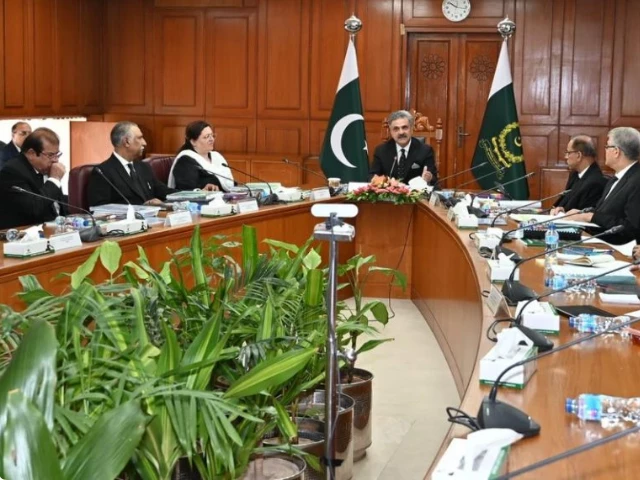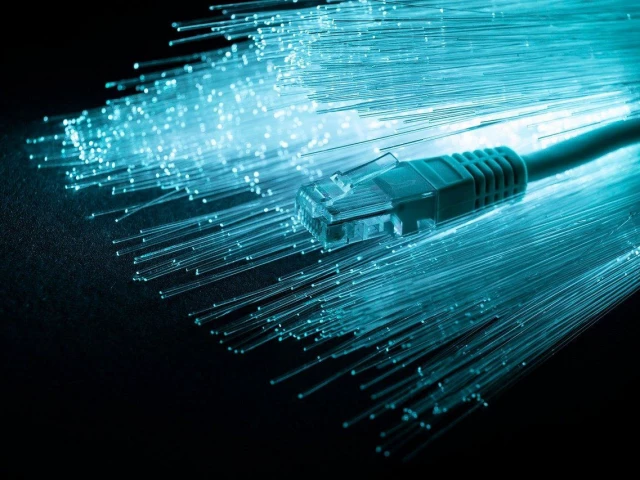Strengthening Judicial Independence: Key Outcomes from the NJPMC Meeting
In a significant move for the judiciary, the National Judicial Policy Making Committee (NJPMC) convened its 53rd meeting at the Supreme Court of Pakistan recently, under the leadership of Chief Justice Yahya Afridi. The primary aim? To bolster the independence of judicial officers and ensure that external influences are effectively countered.
During the meeting, participants, including chief justices from provincial high courts and the Islamabad High Court, came together to address critical issues affecting the justice system. One of the most noteworthy resolutions was the call for high courts to implement structured mechanisms for reporting and addressing instances of external influence on the judiciary within a specified timeframe.
Another pressing concern that emerged was the issue of enforced disappearances in the country. The NJPMC clearly emphasized its constitutional duty to protect fundamental rights, forming a dedicated committee to devise a robust institutional response, while aligning concerns from the executive branch.
The NJPMC’s commitment to expeditious justice was evident as it approved several transformative initiatives aimed at enhancing judicial performance, integrating technology into judicial processes, and prioritizing citizen-focused justice delivery. Notably, plans were laid out to establish a Commercial Litigation Corridor that would facilitate more effective resolutions of commercial disputes through specialized courts.
To further systematize the judicial process, a Double-Docket Court Regime will be piloted in selected districts, offering a fresh approach to handling cases. Additionally, the framework for Model Criminal Trial Courts was approved, ensuring that long-pending criminal cases are addressed with time-bound trials.
A significant stride toward improved Alternative Dispute Resolution (ADR) was marked by the establishment of a court-annexed mediation regime, which includes district mediation facilities and family court mediation centers. This paves the way for quicker resolutions without the burden of lengthy court proceedings.
Moreover, the committee recognized the necessity of consistency and excellence within the district judiciary. A committee headed by retired Supreme Court judge Justice Rehmat Hussain Jafferi will be tasked with recommending key performance indicators and standardized training mechanisms for judges.
In an era where technology plays a pivotal role, the NJPMC also touched upon the ethical implications of using AI in judicial functions. The National Judicial automation Committee has been directed to finalize a comprehensive charter to guide the ethical use of AI in the judiciary.
On a community-oriented note, the NJPMC commended various initiatives such as the Lahore High Court’s efforts to establish facilities like female bar rooms and daycare centers. These measures reflect a commitment to enhance the working environment for legal professionals.
The NJPMC’s recent meeting underscores its dedication to fostering a progressive, transparent, and responsive judicial system, deeply rooted in constitutional values. For anyone keen on engaging with and following the transformations happening within the Pakistan judiciary, connecting with platforms like Pro21st can offer valuable insights and updates. Let’s continue to support a judiciary that prioritizes fairness and justice for all!





